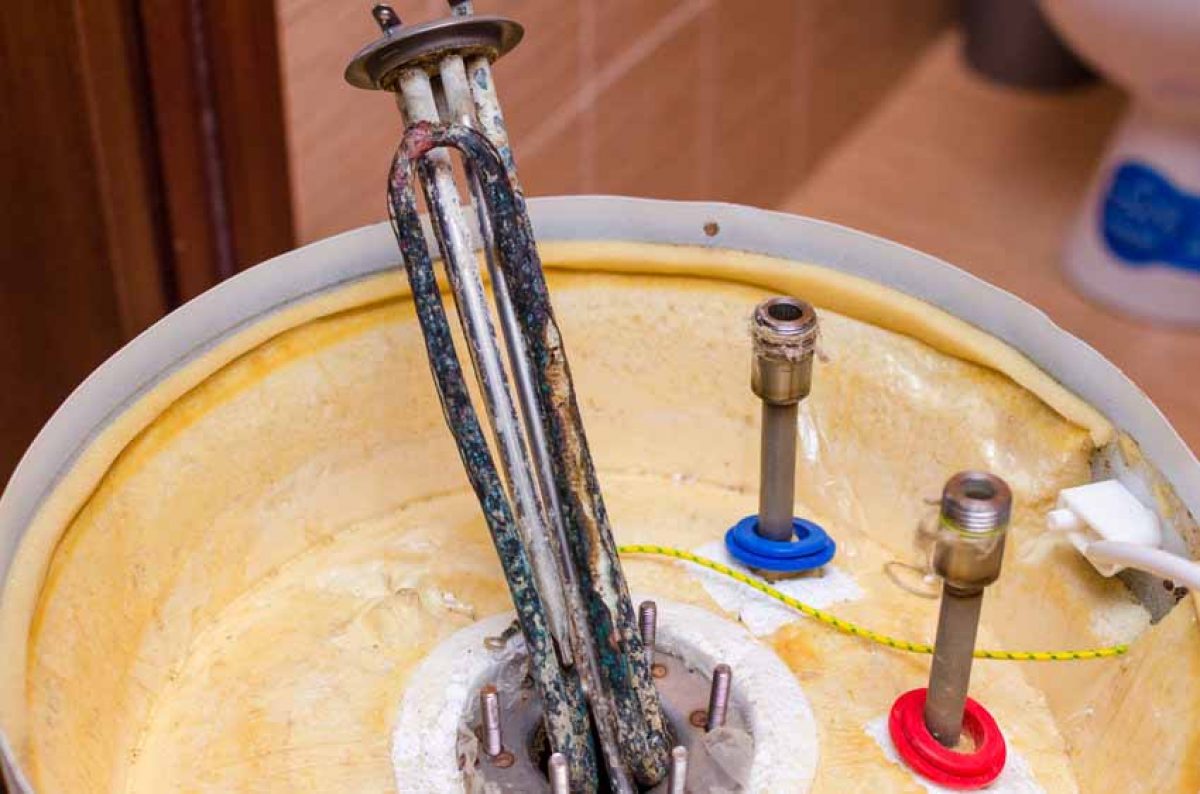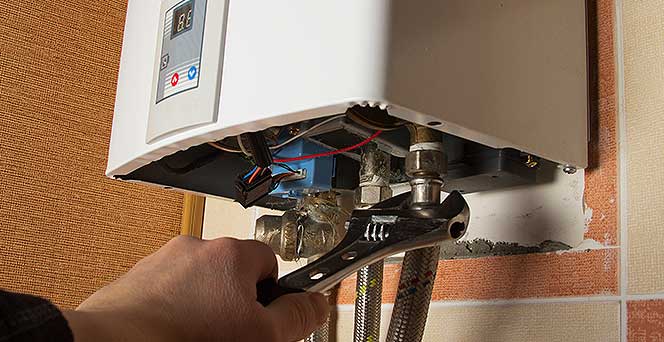Required Protocols for Homeowners Dealing with Malfunctioning Hot Water Systems
Required Protocols for Homeowners Dealing with Malfunctioning Hot Water Systems
Blog Article
The writer is making a number of good pointers on How to Avoid a Broken Hot Water Heater as a whole in this great article which follows.

Whether it is located in the basement or a separate room, busted water heating units can trigger tension. Having no warm water supply is additionally troublesome.
Call the Plumber
After doing the initial two safety steps, you should call your plumber to come right away to take care of a burst water heating unit. There are generally indicators that your aging water heating system has sediment build-up in the inside.
Don't await major flooding to call the plumber. By then, you will certainly have to invest even more to recover your home. Instead, as soon as you identify these indications, have actually a professional involved check your water heater container. Commonly, water heaters have a life-span of regarding 8 to 12 years. With normal inspection as well as upkeep, you can prolong its life.
Cut Off the Cold Water Supply
Cut off the containers tap water supply from the resource. When your storage tank is in excellent problem, the chilly water stops filling up when the container is full. If you can not discover it or reach it, you have to turn off that main water supply line outside your home.
Turn Off Source Of Power
Before calling the plumber, shut down a gas hot water heater by turning the temperature dial. This is typically found at the top of the thermostat. Switch off the circuit breaker if you have a model that runs on electric power. This will avoid electrocution, particularly if there is a leakage as water is a conductor. Typically, the heating element shuts off when the water strikes a details temperature. Yet with a broken container, it might malfunction. Sufficing off assures you remain risk-free.
Tidy up Home
After calling the plumber, record damage by making note as well as photos so you can claim your home owner's insurance policy. From there, begin the prompt cleanup. Secure any kind of vital possessions to prevent additional soaking. Eliminate any type of standing water to stop mold and also mold development. If you have a completely submersible water pump, use that to drain the water. Or else, the traditional bucket approach will certainly also function. Try to mop out every little thing, consisting of walls and also walls. Keep them running to maintain air circulating if you have an electric follower and also dehumidifier. This will aid deter mold growth.
Keep in mind, if you discover any type of concerns with your hot water heater, call the pros right now. You can not take this issue gently due to the fact that a faulty thermostat can raise water temp to a dangerously high level, leading to unexpected burns. A broken heater pressure safety valve can also create a surge. For best outcomes, get an annual check so your device gets evaluated, cleansed, drained, as well as re-filled, guaranteeing optimum performance.
After doing the very first 2 safety and security steps, you should call your plumber to come right away to take care of a fractured water heating system. Rather, as quickly as you detect these signs, have actually an expert come to check your water heater tank. Prior to calling the plumber, closed off a gas water heating unit by turning the temperature level dial. If you have a completely submersible water pump, make use of that to drain the water. Keep in mind, if you observe any type of issues with your water heating system, call the pros right away.
Is My Water Heater Broken?
The Water Heater is Old
No appliance will last forever. This includes a home’s water heater. During its lifespan, residents are going to face a situation where a new water heater installation will be necessary. The biggest problem with this is that most people are not sure when their water heater expires. Not knowing this can lead to serious risks if the unit begins to act up due to old age.
Most makes and models of water heaters will last between eight and 10 years. While 10 years is the age when water heater replacement is highly recommended, the need to replace the unit may occur before this time or after. If the unit doesn’t show any symptoms of a problem, it is a good idea to replace it at the 10-year mark (from the manufacture date).
Some of the symptoms that indicate a new unit is needed include rusting, leaks, noises, and a failure to heat up the water. Also, note that not all units have a 10-year life expectancy. The main exception to this rule is that a gas unit will last for six to eight years.
Rusty Heater Inlet Valve or Water
While steel is the strongest material on earth, it does have a weakness – rust. If corrosion occurs on a steel surface, it will begin to spread and eat through the steel in certain areas. On water tanks and pipes that are made of steel, rust is a warning sign of an impending leak.
The issue for many is trying to figure out if the rust is coming from the water heater or the pipes that lead to the faucet. If rust is seen, it is a clear indication that water heater service from the professionals is needed.
If rusty water appears out of the faucets in the bathtub or sink, it likely means a rusty water heater. If there is rust near the water inlet or the pressure relief valve, rust has likely developed inside the tank. If tap water appears rusty, it may be an issue with the pipes.
Strange Sounds from the Water Heater
Are there strange sounds coming from the tank? As a water heater gets older, rumbling noises may develop and get louder and louder as the water in the tank heats up. In homes where large amounts of hot water are used, the issue is likely going to be even more obvious when more serious issues arise. If there is a strange or loud noise coming from the unit, it is probably because of sediment buildup. A good way to remedy this problem is by flushing the heater. If this does not work, then a new unit may need to be installed.
Leaks
As a water heater gets closer to the end of its useful life, there is a higher chance there will be water around the tank. If there is water, this usually means leaks are occurring. Based on where the unit is located in the home, a leak may result in serious property damage.
Leaks are usually caused by expansions in the metal tank. The expansions occur as time passes and as the inside body of the tank is exposed to multiple heating cycles per day. When a fracture forms, the gap will be slight enough to hold the water in; however, in more serious situations, this will not be the case. If the tank is idle, the water will not leak but when the metal expands during each heating system, small amounts of water will get through the gap.

I'm certainly very fascinated with Water Heater Repair and I really hope you liked the entire page. Do you know someone else who is curious about the niche? Why not share it. I am grateful for your time. Kindly check our site back soon.
Contact for excellence. Report this page